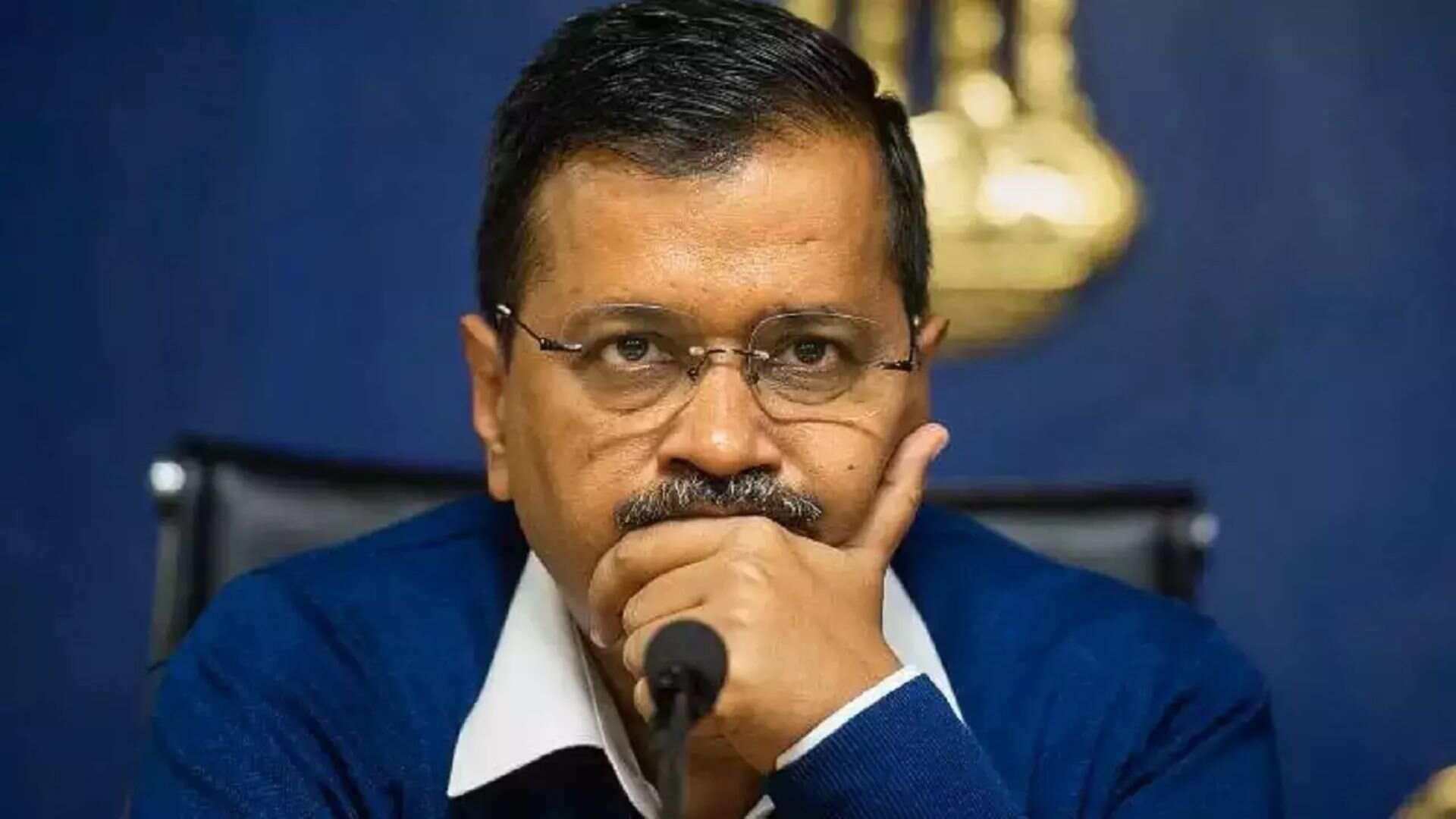The Enforcement Directorate informed the Rouse Avenue Court that they possessed proof indicating Arvind Kejriwal’s request for Rs 100 crore in kickbacks related to the recently retracted liquor policy case.
The Rouse Avenue Court in Delhi has prolonged Delhi Chief Minister Arvind Kejriwal’s judicial detention until July 3rd. The Chief Minister of Delhi appeared in court via a video conference.
This decision came during the court session for Kejriwal’s plea for regular bail. Additional Solicitor General SV Raju stated that the court had acknowledged the money laundering offense in the case.
He additionally remarked that the court’s refusal to grant bail to co-accused individuals, such as former Delhi minister Manish Sisodia, in the money laundering case indicated the court’s acknowledgment of the money laundering accusation.
ASG Raju, representing the ED, said, “The court’s cognizance of money laundering shows that prima facie the court is convinced that a case of money laundering is made here. The CBI probe revealed that Kejriwal had demanded a bribe of Rs 100 crore. We had collected evidence even before the arrest.”
Vikram Chaudhary, the lawyer representing Kejriwal, contended that the leader of AAP was not mentioned in any chargesheet submitted under the Prevention of Money Laundering Act (PMLA). He said, “Even in the FIR lodged by the CBI, Kejriwal has not been named as an accused.”
He added, “Whatever allegations the ED is making, it seems that they are prosecuting me not under the PMLA but in the CBI case.”
Chaudhary also noted that the Supreme Court, in its ruling on May 10, stated that Kejriwal had the option to submit a bail petition in the lower court.
“They were promised pardon… they are not saints. These people were lured. The credibility of these people is also questioned. The whole case started in August 2022 and Kejriwal’s arrest took place in March 2024, just before the elections. There is also malice behind the timing of Kejriwal’s arrest,” he further said.








